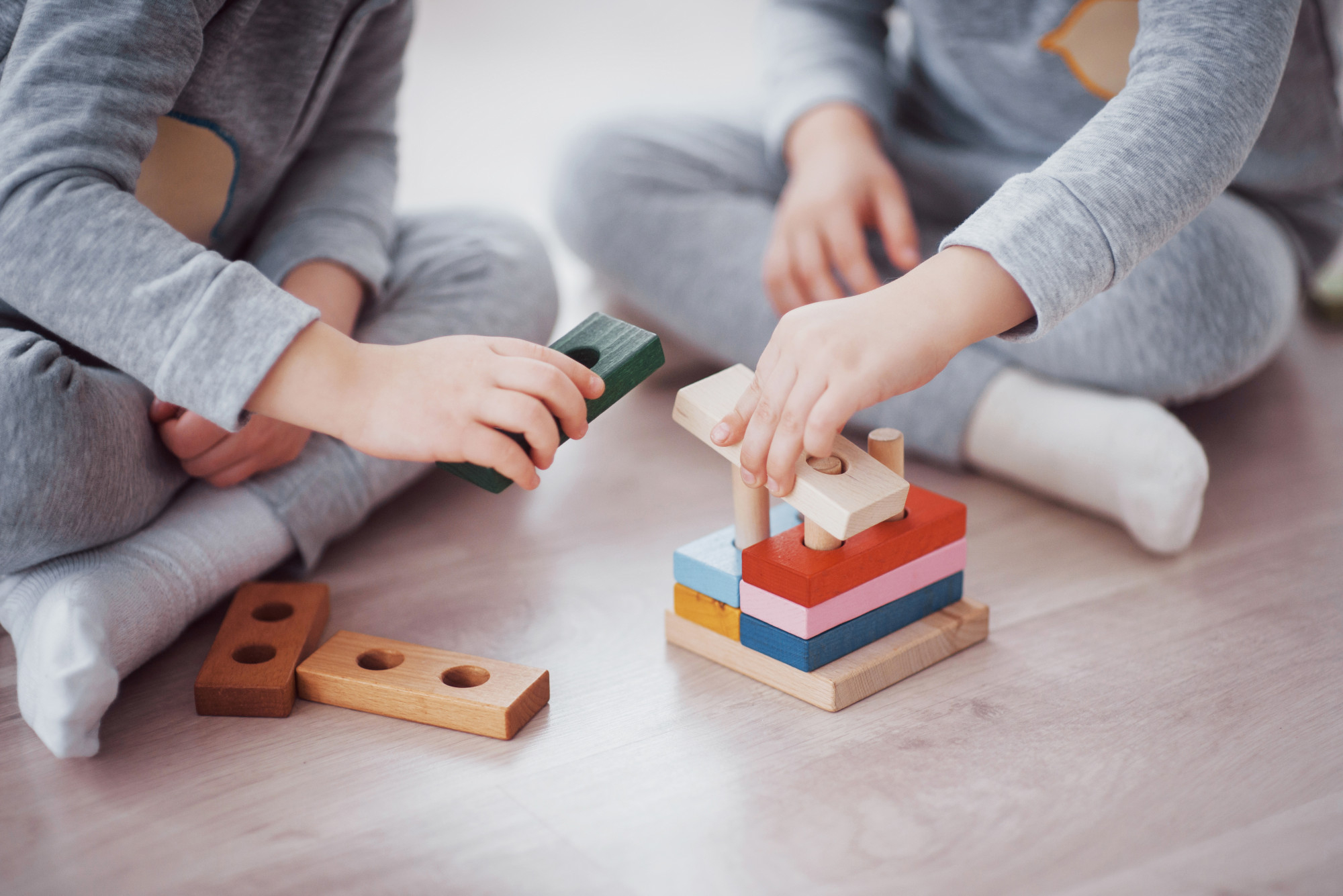The Effect of Wooden Intelligence Toys on Children's Intelligence Development
- Home
- The Effect of Wooden Intelligence Toys on Children's Intelligence Development

The Effect of Wooden Intelligence Toys on Children's Intelligence Development
- Reka Wood
Wooden intelligence toys have a positive effect on the development of the child in many areas. It supports the child in the areas where he/she develops with wooden toys, wooden blocks, blob toys, house sets, wooden blocks, coordination toys.
It helps the child gain skills in the areas of cognitive, social, emotional, motor, self-care and language development. Wooden toys provide benefits such as:
Cognitive Development
Although they differ from each other individually, children's attention spans are short. At this point, the game is a tool that increases their attention span and allows them to learn while having fun. Wooden educational toys are designed to attract the attention of the child to show different acquisitions and behaviors and to learn by having fun.
The benefits and some cognitive skills of wooden toys are as follows:
Makes predictions about objects.
It remembers the missing or added object by showing it.
Develops counting skills.
It makes observations about the texture, color, shape and smell of the being.
Matching and grouping.
Compares and sorts entities.
Develops instructional enforcement skills.
The part establishes the whole relationship.
Establishes a cause-effect relationship.
Develops problem solving skills.
Language development
Wooden toys also positively affect language development. The child playing with the toy also learns and expresses it verbally. Vocabulary develops as he articulates new concepts he has learned. Asks questions about visual materials, answers questions, creates stories. While doing all these, he develops his language skills.
If the child is playing with a wooden toy with his friends or accompanied by a parent, he uses language for communication. In this way, receptive and expressive language skills develop. In other words, he perceives the expressions told to him and expresses his feelings and thoughts.
Social and Emotional Development
The child develops socially and emotionally when he plays wooden toys alone or with friends. When he plays with his friends, he shows skills such as cooperation, empathy and expressing his feelings. At the same time, he is motivated for success while playing with wooden toys.
Thanks to the regular and systematic structures of educational toys, they gain positive skills in areas that provide social and emotional development such as fulfilling their responsibilities, obeying the rules and self-confidence. When he has problems with his friends during the game, he gains teachings such as problem solving and reconciliation in the face of conflicts.
Motor Development
One of the most important areas in which wooden toys develop children is motor development skills. Motor development is a movement-based development area that works the large and small muscles of the child.
Wooden toys are intended to train the child's fingers and small muscles in his hands, especially with commands such as stacking wooden blocks, sorting, stacking. The child, whose fine motor skills develop, is ready to hold a pencil and write.
While playing with the wooden toy, the child gains hand-eye coordination skills such as balancing, separating and putting together. These skills contribute to the motor development of the child.
Self Care Skills
Self-care skills are the acquisitions that the child has in areas such as eating, cleaning, using tools and responsibilities related to his daily life. When exemplified by wooden toys and small models of daily life, he assembles his toys into life with games such as housekeeping. In addition, he gains awareness about using tools correctly.
The gains do not end during or after playing the toy. Regular use of toys without breaking them is also related to self-care skills. Collecting toys after playing and keeping the living area tidy are also useful behaviors gained with toys.
'I have no special talents. I am only passionately curious.'
Albert Einstein

One of the most important areas in which wooden toys develop children is motor development skills. Motor development is a movement-based development area that works the large and small muscles of the child.

 TR
TR EN
EN